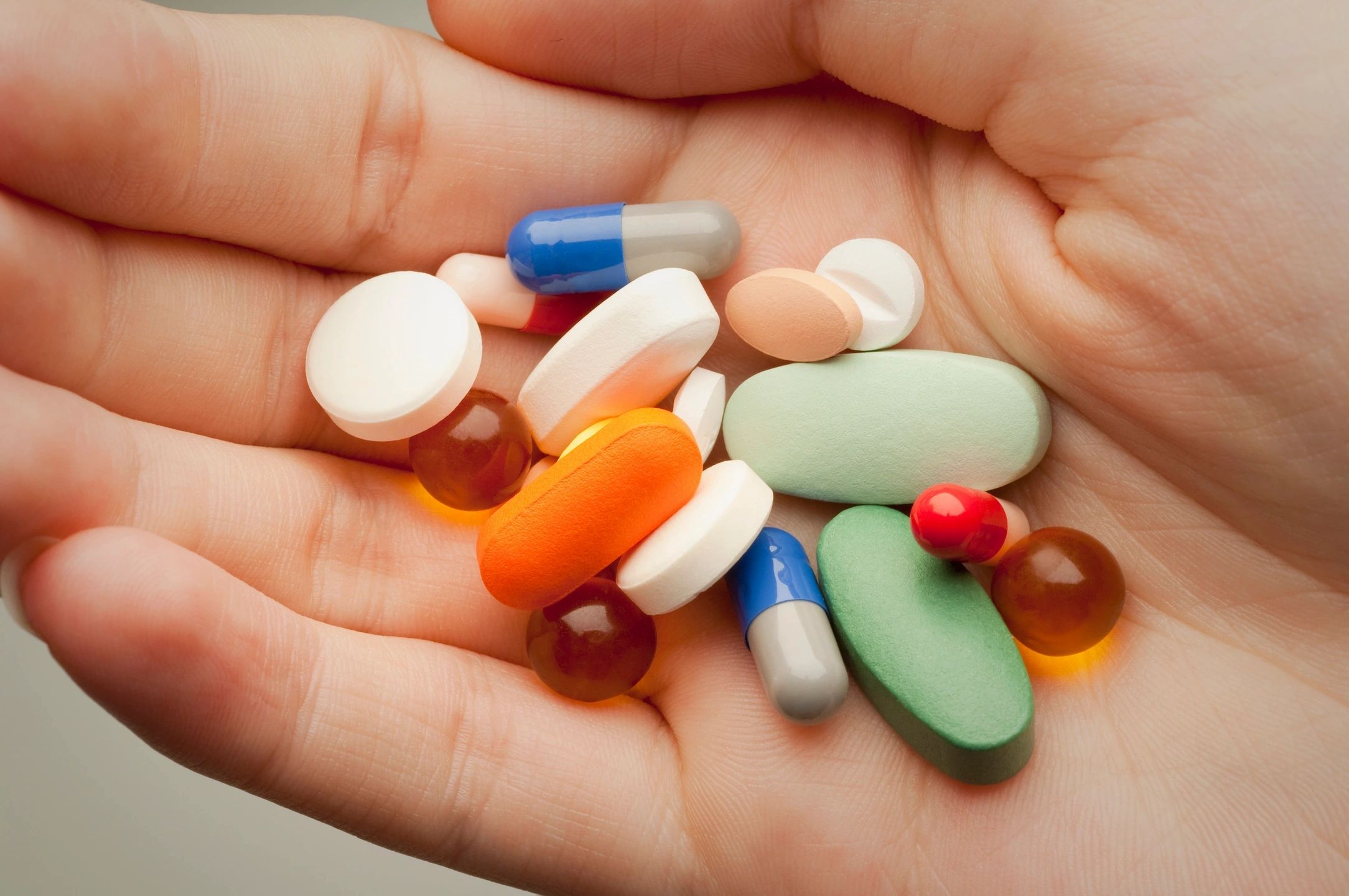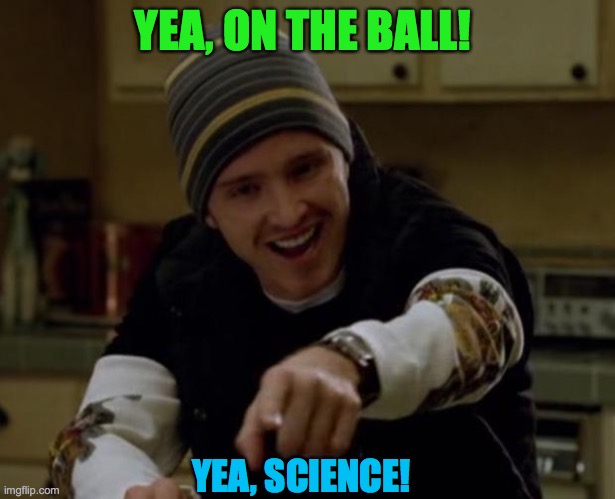Why Celebrities OD in Hotels
Here’s a little thing that you can tell at cocktail parties, or better yet, while you’re at the hotel bar with a celebrity!
Have you ever wondered why so many celebrities end up overdosing in hotels (or while away?)
The reason is something known as the Compensatory Response. This is the body’s response to compensate for the intake of chemicals/drugs. Have you ever “crashed” after a lot of caffeine? This is because if we take our body too far in one direction (stimulation or depression), our receptors will respond by doing the opposite.
In layman’s terms, alcohol works upon the GABA receptors in our brain which induces sensations of drowsiness, delayed motor response, reduced attention, etc. GABA (the endogenous neurotransmitter; think of it as a signal) is like a key, and the receptor is like a door lock. A key fits in a lock to exert some sort of action. So what does our body do? It reduces the amount of GABA receptors. Or, it removes door locks. Shown another way logically:
if GABA fitting into a receptor induces sleepiness –> Alcohol causes the body to reduce the number of receptors –> less receptors for GABA to bind with –> Then there’s less of a probability one will feel sleepy–> or, more of a chance we will feel alert. This is precisely why alcohol is a poor sleep aid, we fall asleep initially, but over extended periods of time, the brain becomes less sensitive to GABA and therefore, less sleepy. This is really interesting because alcohol, is a depressant!
Our body makes this change because it senses that we have received an overstimulation of GABA activity so it wants to hit a homeostatic equilibrium–a middle point.
The same goes for a stimulant–> you may have heard of college students using the amphetamine complex sold as Adderall. Adderall, simply put, stimulates dopamine release so we get feelings of euphoria, energy, focus, pleasure. But, the body compensates by reducing the number of dopaminergic (dopamine) receptors that are able to be stimulated after prolonged use. Less receptors = less stimulation which is why the side effects may be depression, lethargy, lack of motivation, lack of attention. Again, it’s backwards.
I hate biology, tell me about how this relates to Whitney Houston
Note that the body’s response to prolonged drug use is the EXACT opposite to that of the drug. But here’s where it gets really interesting…
The degree to which the body responses or compensates is not correlated with just the drug itself, but the environment. In other words, the body has an expectation of how to respond in a various environment (the park, a friends house, a bar, etc.). If someone is in the environment where they normally take drugs, the body preps with the anticipation that they’re going to get high. If you always drink coffee at work at exactly 9AM, you body is used to that rush of energy so it tries to compensate. Have a 10AM coffee in a cold hockey rink, and you may feel your body warming up due to the rejuvenated effects from the caffeine. It therefore becomes more and more difficult for one to feel the effects of that drug while in the habitual environment. Put another way, they develop a tolerance while in a regular environment, too.
If it is more and more difficult for a drug user to feel the effects, what do they do? They take more! If they take drugs in their living room and 100mg was what worked before–perhaps they need 150mg in their living room. Eventually they may work their way up to let’s say 500mg while in their living room (that environment).
The user says, I now take 500mg of the drug to get high–but, this is what they take in the living room environment. Remember, the bodies’ physiology (receptors) changed according to the environmental cue in addition to the biological cue.
What do celebrities do? They travel, and stay in hotels–and they do drugs. So they wip out their favorite drug and take their 500mg but oh no, they’re in a hotel miles away, not in their living room at all. Their body is completed unprepared because it does not expect to be receiving ANY drug at that moment. In other words, they have reduced tolerance and they’re not taking 100mg like before, they’re taking their usual 500mg.
Boom.
The effects of the drug are too strong to handle and they overdose.
The interesting part of this is how our body knows how to change to best prepare in any given situation–but if you confuse this process the result could be life-threatening.
If you learned something, I’d really appreciate it if you could take some time to share this post, spend a moment or two looking at our other articles (we have something for all readers) and giving us a follow Twitter below
#StayOnTheBall


